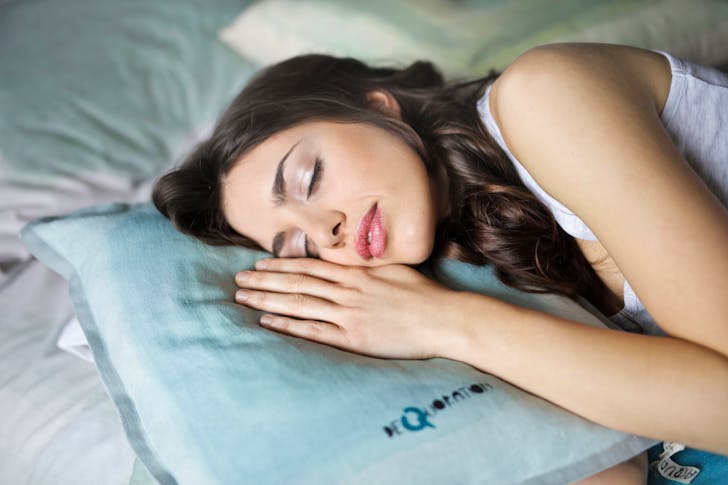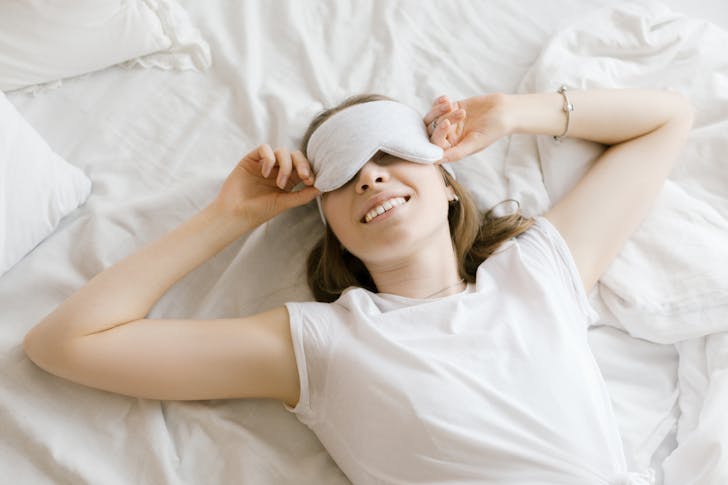Sleep hygiene is all about your habits and your bedroom setup. It is the way you prepare your body and mind for sleep each night. And if you are tossing and turning at 2 AM, there is a good chance your sleep hygiene could use some work.
Bad sleep hygiene messes with both how long you sleep and how well you sleep. It might not be the only reason you are tired all day, but it is a big one. Fixing it won’t cure serious sleep problems, but it is a strong place to start.
Stick to a Sleep Schedule
Sleep hygiene begins with your body clock. Going to bed and waking up at the same time every day trains your body to sleep better. If your bedtime changes all the time, your brain stays confused, and your sleep gets choppy.

Sticking to a schedule, even on weekends, keeps your sleep on track. Over time, your body will know when to feel sleepy and when to wake up naturally. You will fall asleep faster, sleep more deeply, and feel more rested in the morning.
Build a No-Fail Bedtime Routine
A good bedtime routine tells your brain it is time to chill. This is where sleep hygiene really shows up in action. Doing the same few things every night helps you shift into sleep mode.
Make sure to keep it simple. Dim the lights, brush your teeth, read something relaxing, and skip the screens. No scrolling in bed. That blue light from your phone messes with your brain’s sleep signals. Your wind-down routine should feel automatic, easy, and calming.
Quit the Late-Night Junk
Sleep hygiene isn’t just what happens at bedtime. It starts hours before. What you eat and drink in the evening can ruin your sleep. Heavy food, sugar, and caffeine all get in the way of good rest.
Cut the coffee after lunch, don’t snack right before bed, and skip the nightcap. Alcohol might knock you out fast, but it leads to poor sleep later. Your body needs a calm, steady rhythm to rest well. Fuel it right, and it will thank you.
Keep Your Bedroom a Sleep-Only Zone
Your bedroom should feel like a sleep cave. Good sleep hygiene means creating a space where your brain connects only with rest. That means cool, quiet, dark, and calm.

Make sure your mattress feels good. The more your bedroom feels like a sleep zone, the easier it is to fall asleep and stay asleep.
Get Moving (But Not Too Late)
Your daily habits affect how well you sleep. Sleep hygiene is not just a nighttime thing. It is a whole-day effort. One of the best habits for sleep is moving your body.
Exercise helps your body release stress and burn energy, so you sleep better. Just don’t work out right before bed. Your heart rate and adrenaline need time to settle. Get some movement earlier in the day, and your body will be more ready to rest when night hits.
Remember, you can do all the right things and still have sleep problems. Sleep hygiene helps, but it is not a magic fix. If you are still struggling after cleaning up your sleep routine, talk to a doctor. There might be something bigger going on.
